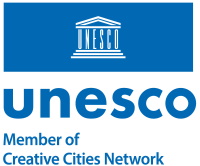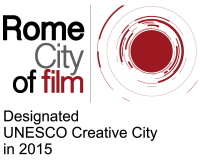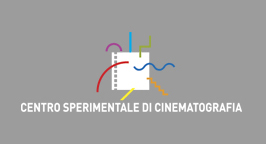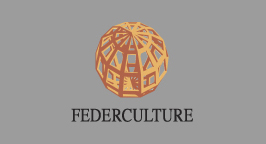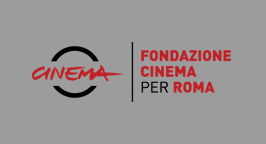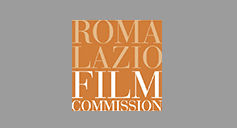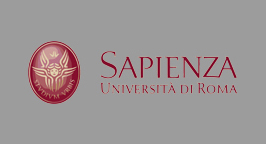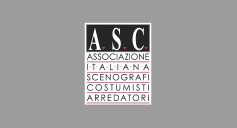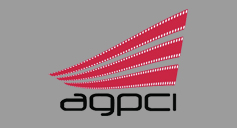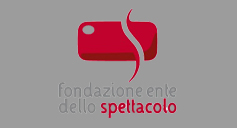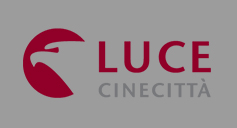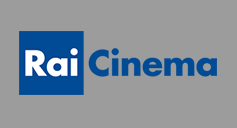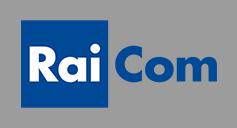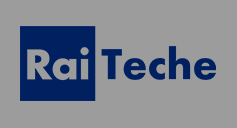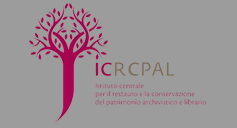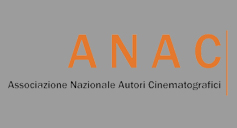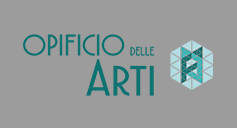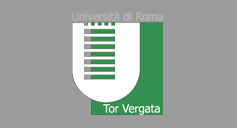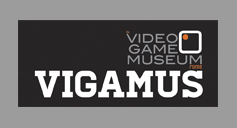
THE RAI ‘TECHE’ ARCHIVES
The RAI Teche Archives support the Rome City of Film campaign.
RAI began its radio broadcasting service in 1924, adding television broadcasting in 1954. Endowed with a history and tradition to rival any in Europe, a large part of the service’s extraordinary heritage is stored in RAI’s “cabinets”, the archives in which everything ever broadcast on either TV or radio is catalogued.
These documents, images and sounds retrace 20th-century history up to the present day, providing a resource which both feeds into the programmes broadcast on a daily basis and also enriches the teaching of contemporary historians, as well as the work of museums, exhibitions and cultural events across the whole country.
This past is essential to the building of the future, so much so that the Rai Teche Archives have been included in the Italian section of Unesco’s Memory of the World register.
The archives’ mission is to ensure the best documenting of the audiovisual material archives, so as to facilitate the search for any kind of product or transmission clip, including any intellectual property rights extant (or otherwise) on each programme broadcast.
Its functions include the multimedia cataloguing of television and radio material, the archiving of rights relating to the use of individual products, the management of the company’s media libraries, the management of the help desk service for all company premises and the customer service provision for all external clients whose purpose is institutional rather than commercial.
It was in this context that the so-called ‘Open Cabinets’ service was established some years ago. Thanks to the digitisation of the materials and documents stored in the Multimedia Catalogue — materials which, owing to rights issues, may not be published online in their entirety — this service allows the general public to browse RAI’s archives. The Multimedia Catalogue is an integrated system of computerised archives containing the entire hard copy cataloguing of the TV, radio, photography, script and Radiocorriere magazine archives, amounting to approximately 75 million indexed documents. ‘Open Cabinets’ offers institutions, not-for-profit and legal organisations, universities, schools and students, trade associations, cultural organisations and indeed private individuals, the chance to access the same tools which journalists and programmers make use of inside the organisation for its production output.
